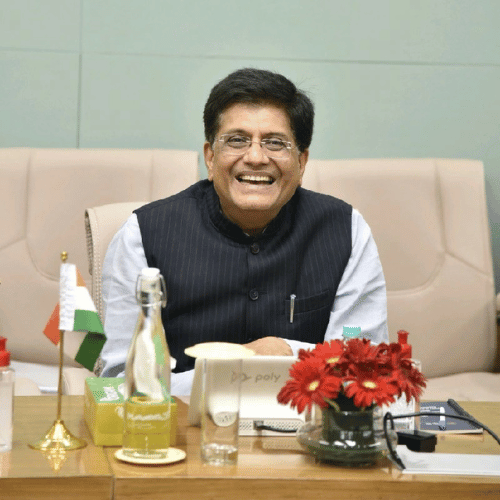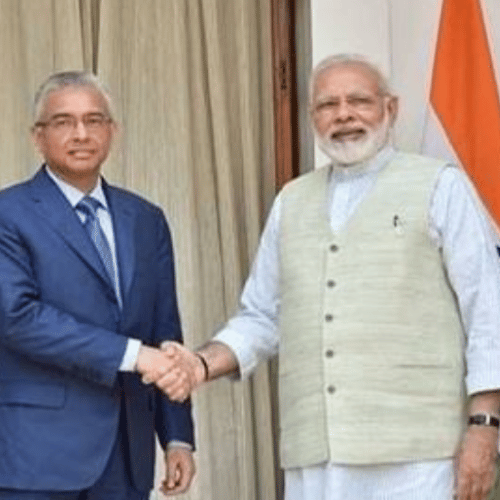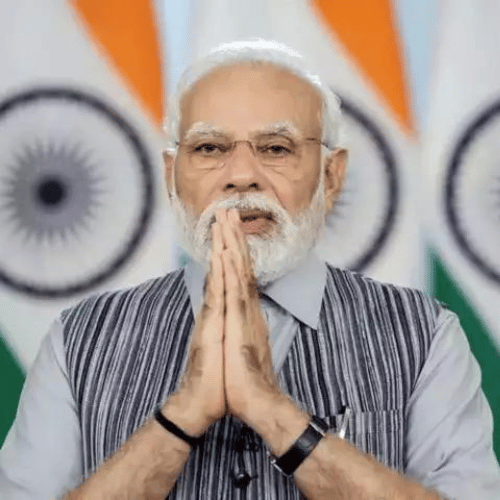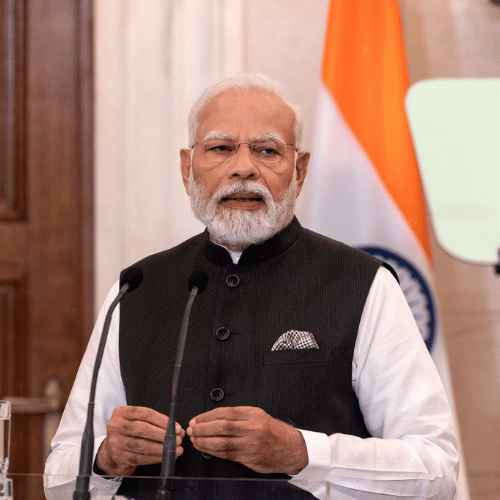New Delhi: As the conflict between Israel and Hamas continued to escalate in Gaza, India voiced its support for an immediate humanitarian ceasefire, backing a UN General Assembly resolution. The resolution, which called for an end to hostilities, passed with an overwhelming majority of 153 votes in favour.
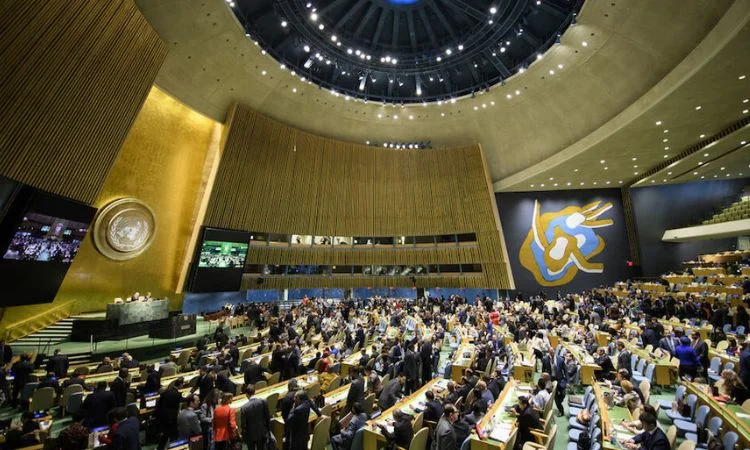
However, key allies Israel and the US found themselves increasingly isolated on the global stage over their refusal to support the ceasefire appeal. The division between Jerusalem and Washington has also widened in terms of their assessment of the spiralling civilian death toll in Gaza.
In a significant shift in tone compared to the October 2021 situation, India chose to join the international consensus for de-escalation this time. External Affairs Minister S Jaishankar communicated New Delhi’s position after the UNGA vote, underscoring India’s consistent advocacy for peace, stability and development in the region.
Meanwhile, Israeli Ambassador to the UN Gilad Erdan rejected the resolution as tilted heavily against his country. Erdan argued that a ceasefire would only allow Hamas to consolidate its grip. However, the overwhelming backing for the appeal highlighted the difficulty Israel and the US now face in justifying further military operations that continue to exact a heavy civilian cost.
Tensions Apparently Came to a Head Between Biden and Netanyahu
In perhaps the starkest indicator yet of the diplomatic fallout for Israel, US President Joe Biden was forced to openly warn Prime Minister Benjamin Netanyahu about actions that could undermine international support for Tel Aviv. Biden told Netanyahu in a phone call that he risked losing support from Democrats over “indiscriminate” attacks, according to American media reports.
While the US voted against the UNGA resolution like Israel, Biden has taken a notably more restrained public stance than former president Donald Trump on the Gaza offensive. The hawkish pro-Israeli lobby also seems to have less sway over Biden, who enjoys a strong approval rating at home despite pressure from Republican opponents.
With over 18,400 Palestinian casualties reported so far, most of them civilians, the humanitarian costs have snowballed. But Israel remains steadfast in its objective to deal Hamas a telling blow, even as dismay grows globally over mounting non-combatant deaths. As the campaign drags on, strategic experts fear the damage to Israel’s international image and relations may prove harder to undo than any tactical gains against militants.
Going forward, it seems de-escalation will be an increasingly uphill task that demands deft diplomacy and good faith on all sides. With both civilian life and geopolitical equations at stake, finding the elusive peace both sides claim to seek has perhaps never been more urgent. As a middle power with goodwill across the board, India’s balanced and compassionate role in facilitating any mediation remains pivotal.









